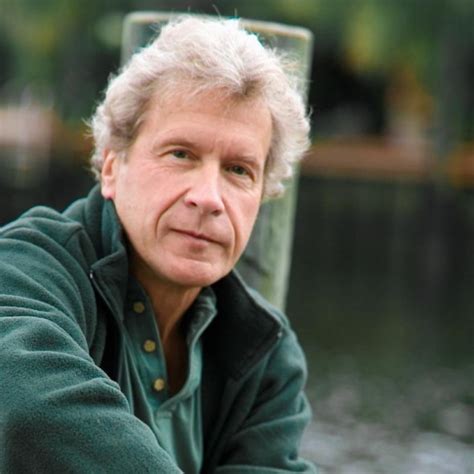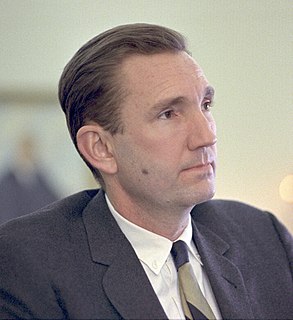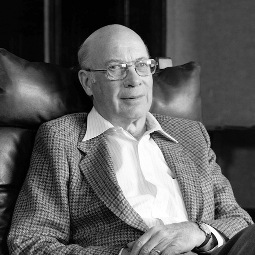A Quote by Noam Chomsky
Iraq has the second largest oil reserves in the world, it is right in the midst of the major energy reserves in the world. Its been a primary goal of US policy since World War II to control what the State Department called "a stupendous source of strategic power" and one of the greatest material prizes in history.
Related Quotes
Venezuela has the biggest oil reserves in the world. And the biggest gas reserves in this hemisphere, the eighth in the world. Venezuela was a U.S. oil colony. All of our oil was going up to the north, and the gas was being used by the U.S. and not by us. Now we are diversifying. Our oil is helping the poor.
Since the Bush-Cheney Administration took office in January 2001, controlling the major oil and natural gas fields of the world had been the primary, though undeclared, priority of US foreign policy... Not only the invasion of Iraq, but also the toppling of the Taliban in Afghanistan, had nothing to do with 'democracy,' and everything to do with pipeline control across Central Asia and the militarization of the Middle East.
In the near future, despite the development of alternative energy, when you look at the economics and environmental standards, then there's no other source of primary energy in the world than natural gas. Well, perhaps there is nuclear energy but there are also a lot of issues there and there are opponents of nuclear energy. Gas doesn't have those opponents. But there is a country that is, obviously, the world leader in gas reserves. That's our country, the Russian Federation.
By accident of geography, the world's major oil resources are in Shi'ite-dominated areas. Iran's oil is concentrated right near the gulf, which happens to be an Arab area, not Persian. Khuzestan is Arab, has been loyal to Iran, fought with Iran not Iraq during the Iran-Iraq war. This is a potential source of dissension. I would be amazed if there isn't an attempt going on to stir up secessionist elements in Khuzestan.
Because the US has control of the sea. Because the US has built up its wealth. Because the US is the only country in the world really not to have a war fought on its territory since the time of the Civil War ... Therefore we can afford mistakes that would kill other countries. And therefore we can take risks that they can't ... the core answer to why the United States is like this is we didn't fight World War I and World War II and the Cold War here.
Regardless of how you feel about peak oil or global warming, the increased use of natural gas is a positive thing because it is being found at a rate that is faster than that of new oil reserves, it is relatively abundant, and our reserves are longer lived than our oil reserves... It does not get the kind of attention it deserves.
In every major war we have fought in the 19th and 20th centuries. Americans have been asked to pay higher taxes - and nonessential programs have been cut - to support the military effort. Yet during this Iraq war, taxes have been lowered and domestic spending has climbed. In contrast to World War I, World War II, the Korean War and Vietnam, for most Americans this conflict has entailed no economic sacrifice. The only people really sacrificing for this war are the troops and their families.
However, there is a fundamental difference between the issue related to Japan's history and our negotiations with China. What is it all about? The Japanese issue resulted from World War II and is stipulated in the international instruments on the outcomes of World War II, while our discussions on border issues with our Chinese counterparts have nothing to do with World War II or any other military conflicts. This is the first, or rather, I should say, the second point.




































